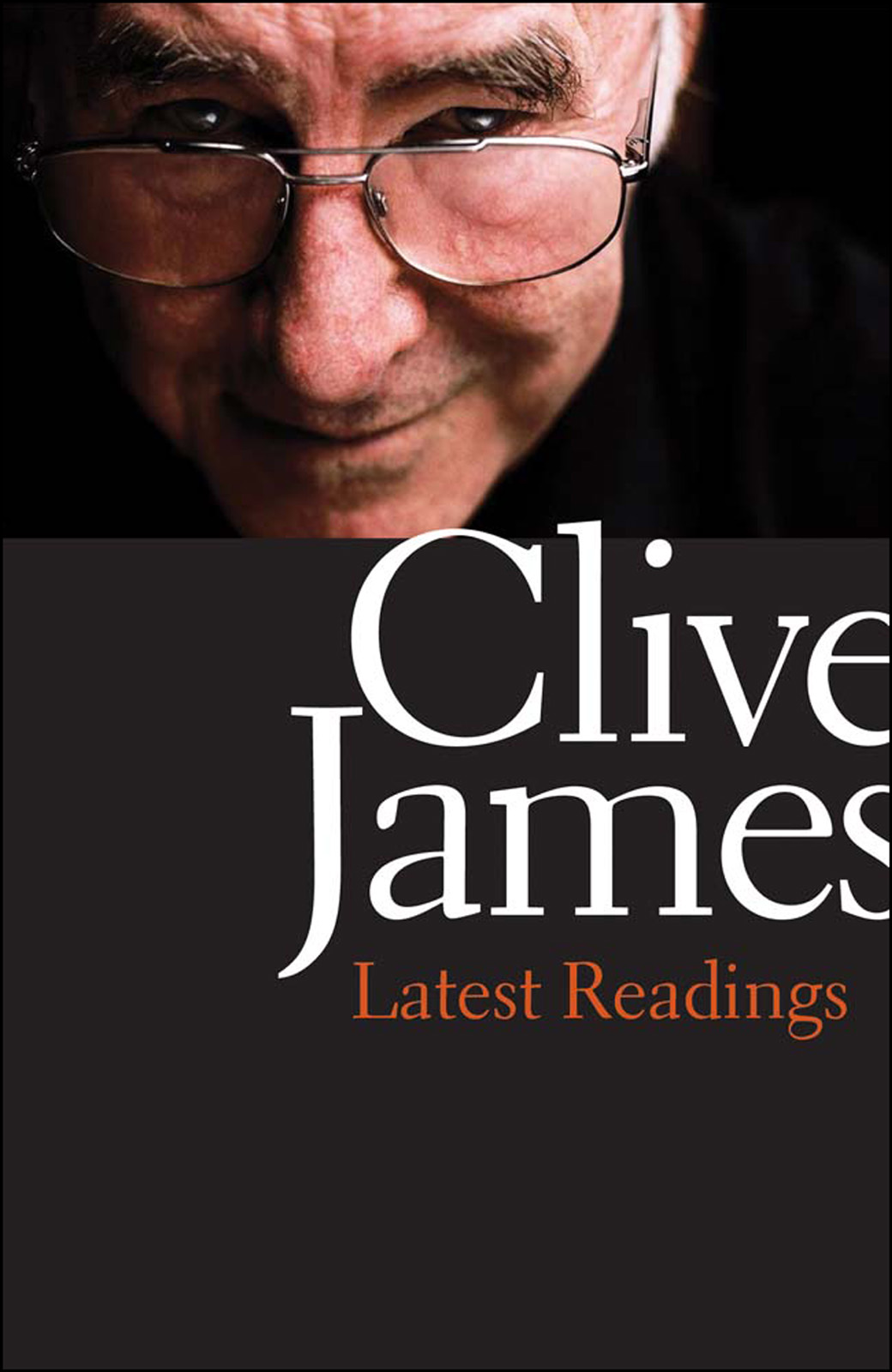
Latest Readings
کتاب های مرتبط
- اطلاعات
- نقد و بررسی
- دیدگاه کاربران
نقد و بررسی

Starred review from June 15, 2015
James, an Australian-born literary critic and almost legendary London public intellectual, was diagnosed with leukemia in 2010. He has since crafted a collection of beautifully thought-out, piquant essays, some only a few pages, that survey what he has been reading with the clock ticking. The results are entirely free of self-pity, and emanate vitality and invention. In a James essay, Anthony Powell and season four of Game of Thrones appear on the same page. He calls V.S. Naipaul the “Kemal Ataturk of the Indian subcontinent,” a “modernizing force embattled against his own background” whose “language itself is the imperial inheritance that matters.” In one short essay he observes that in regard to 20th-century political history, Joseph Conrad “had underestimated the power of the irrational to organize itself into a state.” For American readers, his reflections on Ernest Hemingway will stand out, as he ponders the author’s bombast and tragic physical decline. “It was ungallant of him, and it wasn’t brave,” James writes of Hemingway’s suicide. James relishes the limited reading time he has and makes no bones about it, providing sparkling commentary on his old favorites and new discoveries.

June 1, 2015
A book lover's musings.Australian-British poet, essayist, critic, and memoirist James (Poetry Notebook: Reflections on the Intensity of Language, 2015, etc.) begins this book by disclosing his frail health. Diagnosed with leukemia in 2010, already suffering from emphysema, he "could hear the clock ticking, and I wondered whether it was worth reading anything both new and substantial, or even rereading something substantial that I already knew about." Describing himself as "book crazy," he did both, responding to his reading journey in brief, often witty and insightful, sometimes slight, essays. Recovering from pneumonia, he staved off boredom by rereading Conrad's Lord Jim, a book he had once found uninteresting. His second reading only somewhat revised that view: the book offered "an international historical picture" but was "not quite enthralling enough" to earn his admiration. Nostromo, on the other hand, he deems "one of the greatest books I have ever read." Also great are Patrick O'Brian's Jack Aubrey novels, to which James became addicted after his daughter gave him Master and Commander. "She was like a drug dealer handing out a free sample," he writes, and he was hooked. Hemingway's The Sun Also Rises once made James envious; now, although still "enchanted" by Hemingway's prose style, he finds the dialogue too repetitious and wonders if the book is "a thing for eternity." V.S. Naipaul, according to James, is notable "for his fastidious scorn, not for his large heart"; Naipaul's revelations about his colonial experience elicits memories of James' youth in Australia and makes him realize "how complex it has all been, this birth, growth, and breaking up of an empire." "If I ever had a plaque," James confesses, "I would like it to say: He loved the written word, and told the young." Until the plaque is cast, this slim book will suffice.
COPYRIGHT(2015) Kirkus Reviews, ALL RIGHTS RESERVED.

August 1, 2015
Diagnosed in 2010 with leukemia to go with his wrecked lungs, James apprehended that his time was growing short and decided to go on reading. Luckily, the longtime poet, novelist, critic, and broadcaster also kept writing about his reading; hence, this collection of short takes on his reading postdiagnosis. Boswell's Life of Johnson, taken whole, having dispelled lingering hesitation, led to James forging on through many more works that daunt and delight others, with WWII history, English romans-fleuves, and the movies being particular passions. James speaks to mainstream tastes in informed discussions of books on Hitler, Anthony Powell's A Dance to the Music of Time, and women in Hollywood; to genre fans in remarks on Patrick O'Brian's Aubrey-Maturin novels; to poetry readers in reflections on Philip Larkin, his fellow Australian Stephen Edgar, Kipling, Richard Wilbur, and some Americans (Richard Howard, Edgar Bowers, Lawrence Joseph) he concludes he should have been reading all along. He illuminates Conrad and Hemingway each more than once, but only one earlier writer, Samuel Johnson, at all. A box of bonbons for devoted readers.(Reprinted with permission of Booklist, copyright 2015, American Library Association.)

























دیدگاه کاربران